By Martin Ruffell
COVID-19 has left this woman in a wheelchair FIVE MONTHS after she originally contracted it at a Black Lives Matter protest.
Registered behaviour technician, Nataly Najarro (24) from Sun Valley, California, USA, certainly did not underestimate the seriousness of the Covid-19 pandemic. She made sure she wore a mask everywhere she went and avoided busy places where possible.
However, following the widely publicised death of African American, George Floyd on May 25, 2020, Nataly felt that she needed to take to the streets to join the Black Lives Matter movement in protest, despite her concerns about the ongoing medical crisis. She joined thousands of protesters in Hollywood on June 7 to make her voice heard.
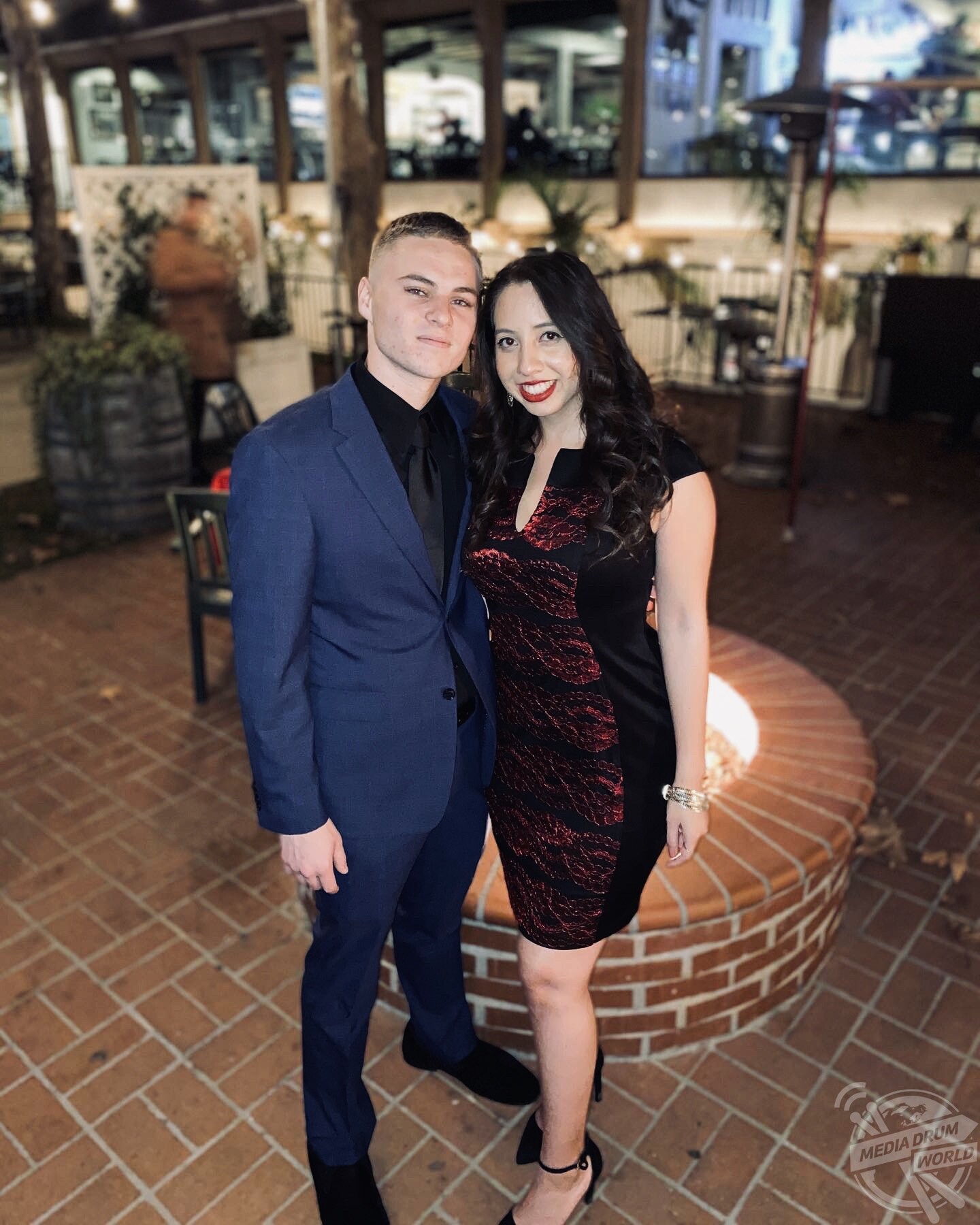
Nataly thought that she had taken all reasonable precautions to avoid contracting the virus.
However, just under a week later on June 13, Nataly began to suffer from panic attacks, something that she had never experienced previously. It was a shock for Nataly, who up until this point in her life had largely avoided feelings of anxiety. Two weeks later on June 27, Nataly woke up with a fever, a cough and felt terribly fatigued.
With her boyfriend John (21) fearing that it could be early signs of coronavirus, he rushed her to urgent care where a test confirmed that she had indeed caught the virus.
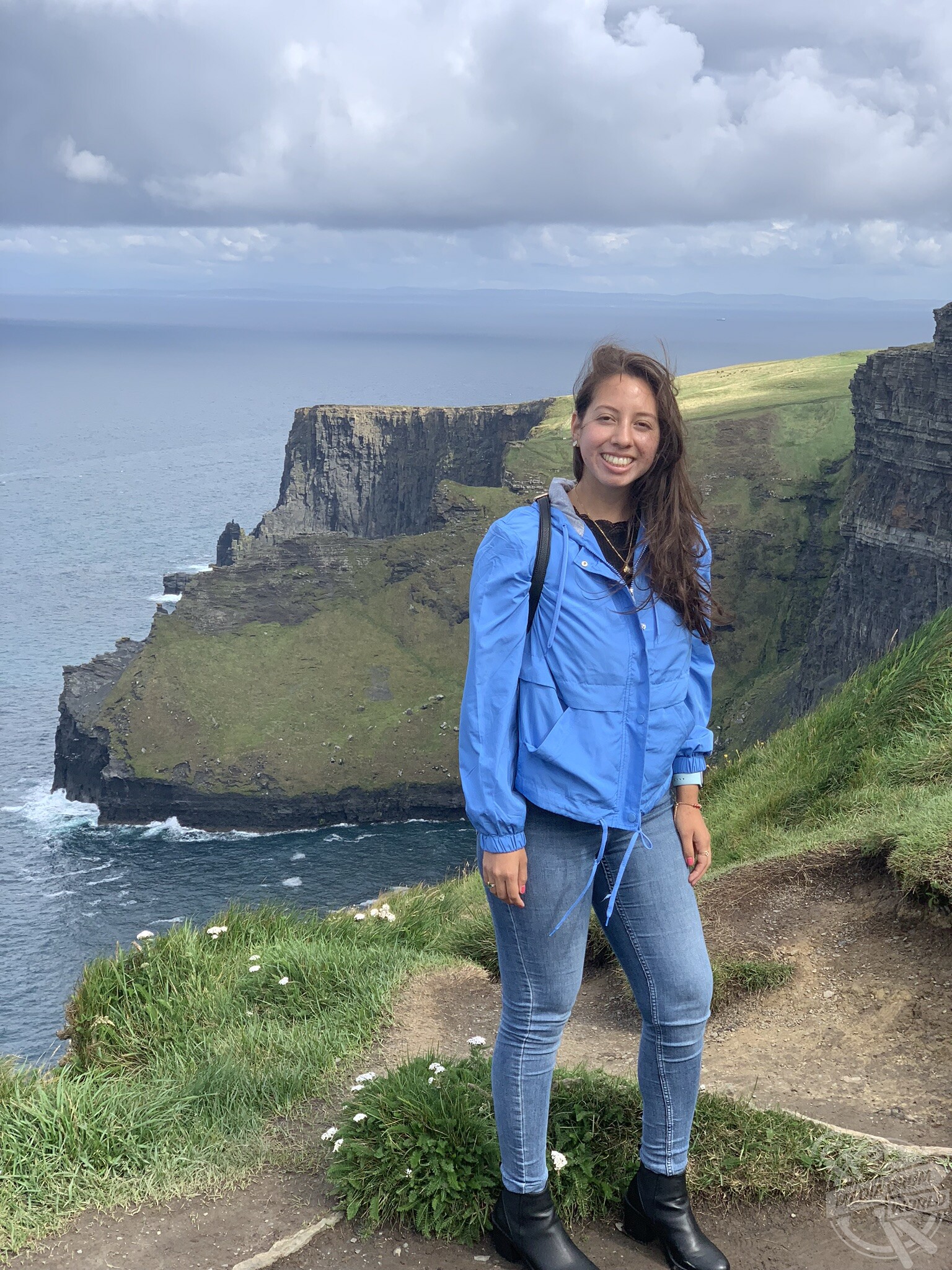
Nataly returned home where she isolated with her housemate but soon started to suffer from uncontrollable shaking and sudden increases in her heart rate. At one point her heart was beating at 180 beats-per-minute, almost three times faster than the average resting heart rate.
At the beginning of August Nataly had to spend three days in hospital whilst the doctors monitored her dangerously high pulse. In the three weeks following her diagnosis, Nataly was admitted to the A&E a further three times after collapsing and being too weak to get up.
Unable to cope, Nataly’s parents took the decision to move her back into the family home, setting up a makeshift bedroom in the living room to care for her in her weakened state.
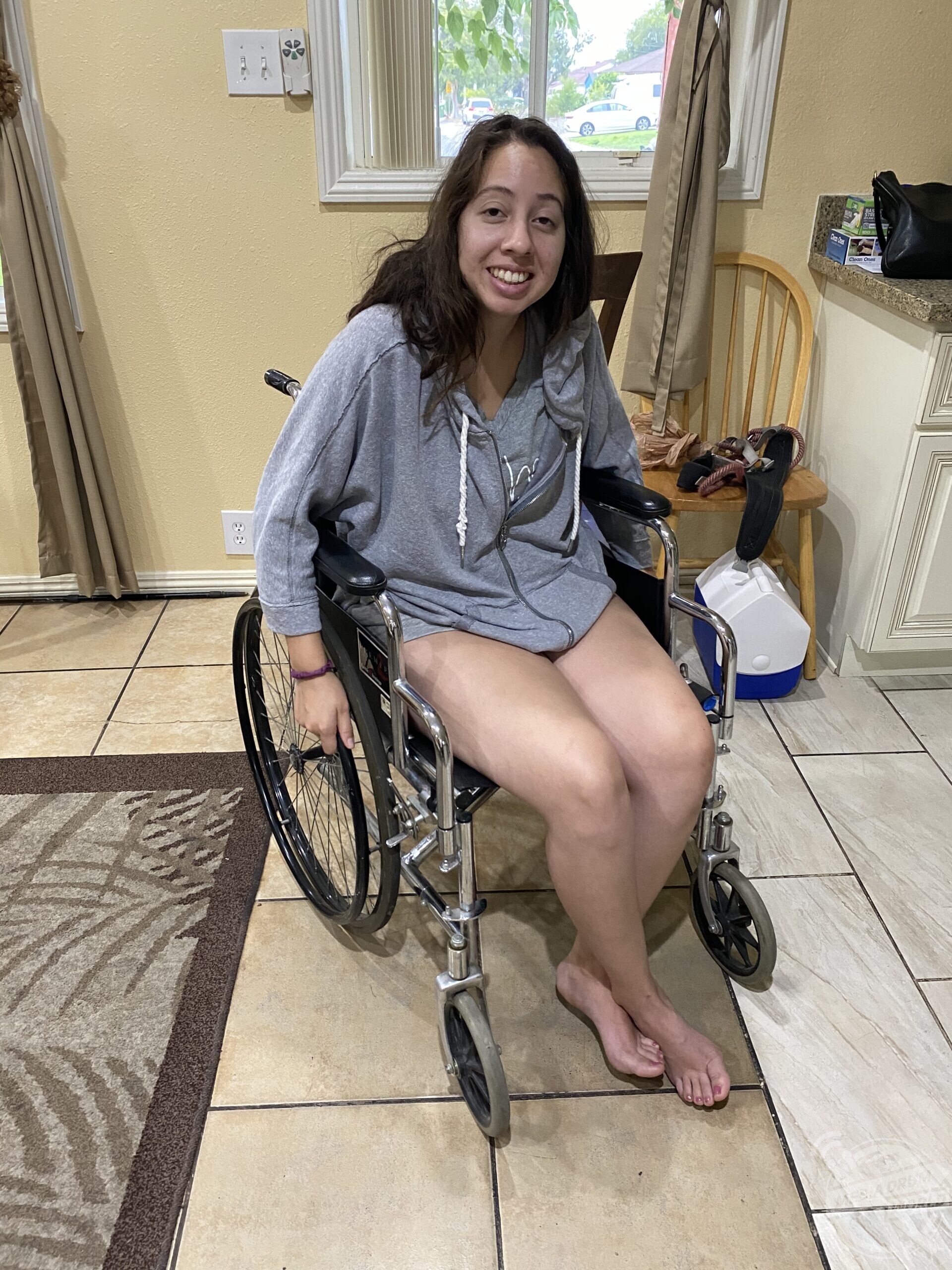
Subsequent Covid-19 tests have come back negative and a series of CT scans, chest x-rays, brain MRI scans and blood work have come back as normal. However, Nataly is still suffering from terrible fatigue and memory loss over five months later and now must use an inhaler as she often finds herself short of breath.
Nataly is suffering from ‘long Covid’, a condition in which symptoms including breathlessness, fatigue, anxiety, joint pain and loss of taste persist weeks and sometimes even months after an initial diagnosis.
Struggling to walk, Nataly is now largely confined to a wheelchair as walking for more than a few seconds is impossible. She requires assistance from her parents to do everyday tasks, including showering, cooking and cleaning and says that her family now has to adapt their schedule to suit her care needs.
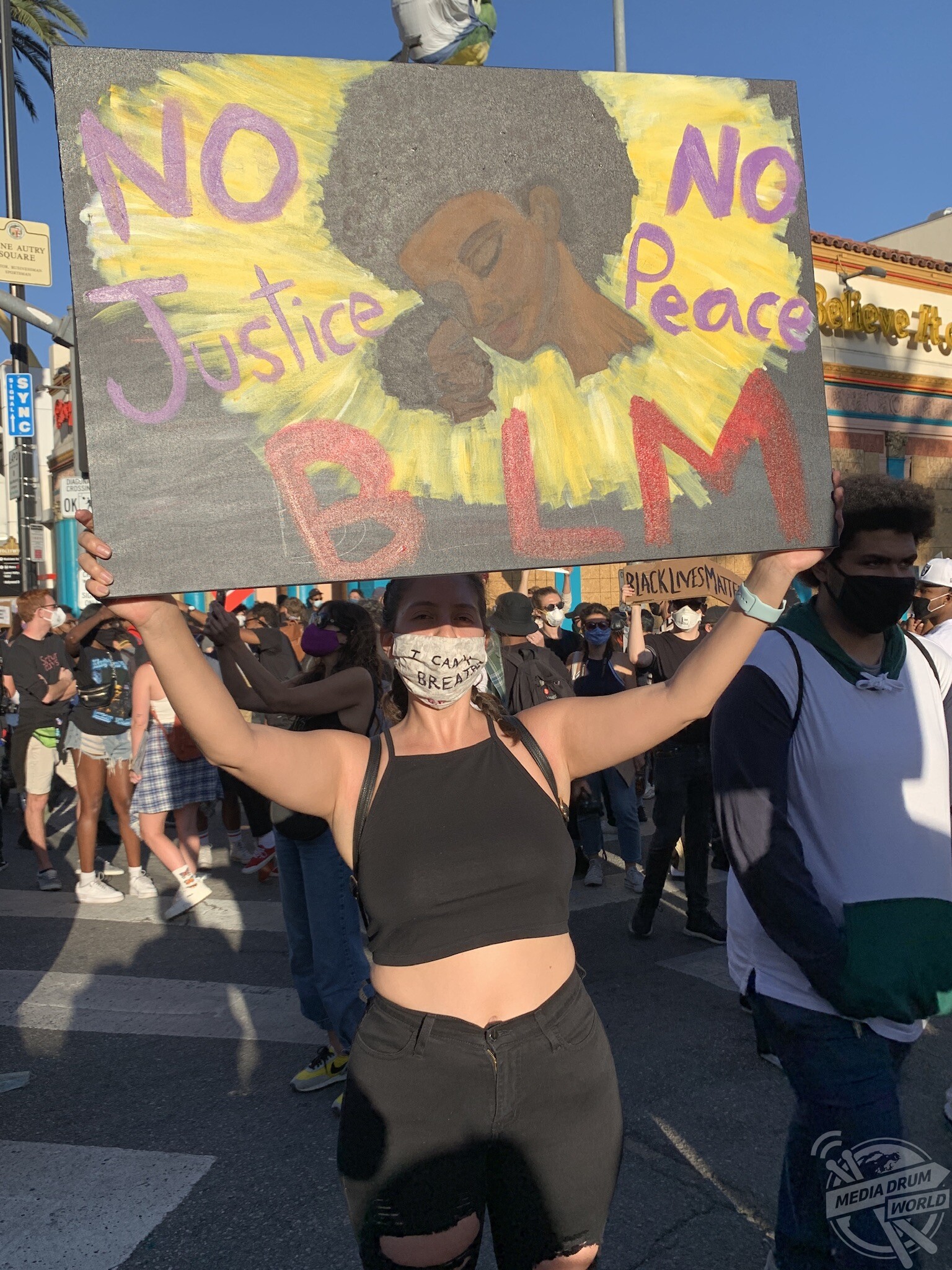
“It was a Saturday morning and I woke up with a fever and a cough,” Nataly said.
“My boyfriend took me to the urgent care department, and they had a test that provides you with your result in just thirty minutes.
“That’s when I found out I was positive for Covid-19. My family and friends also were tested, but only my dad came out positive, but with no symptoms.
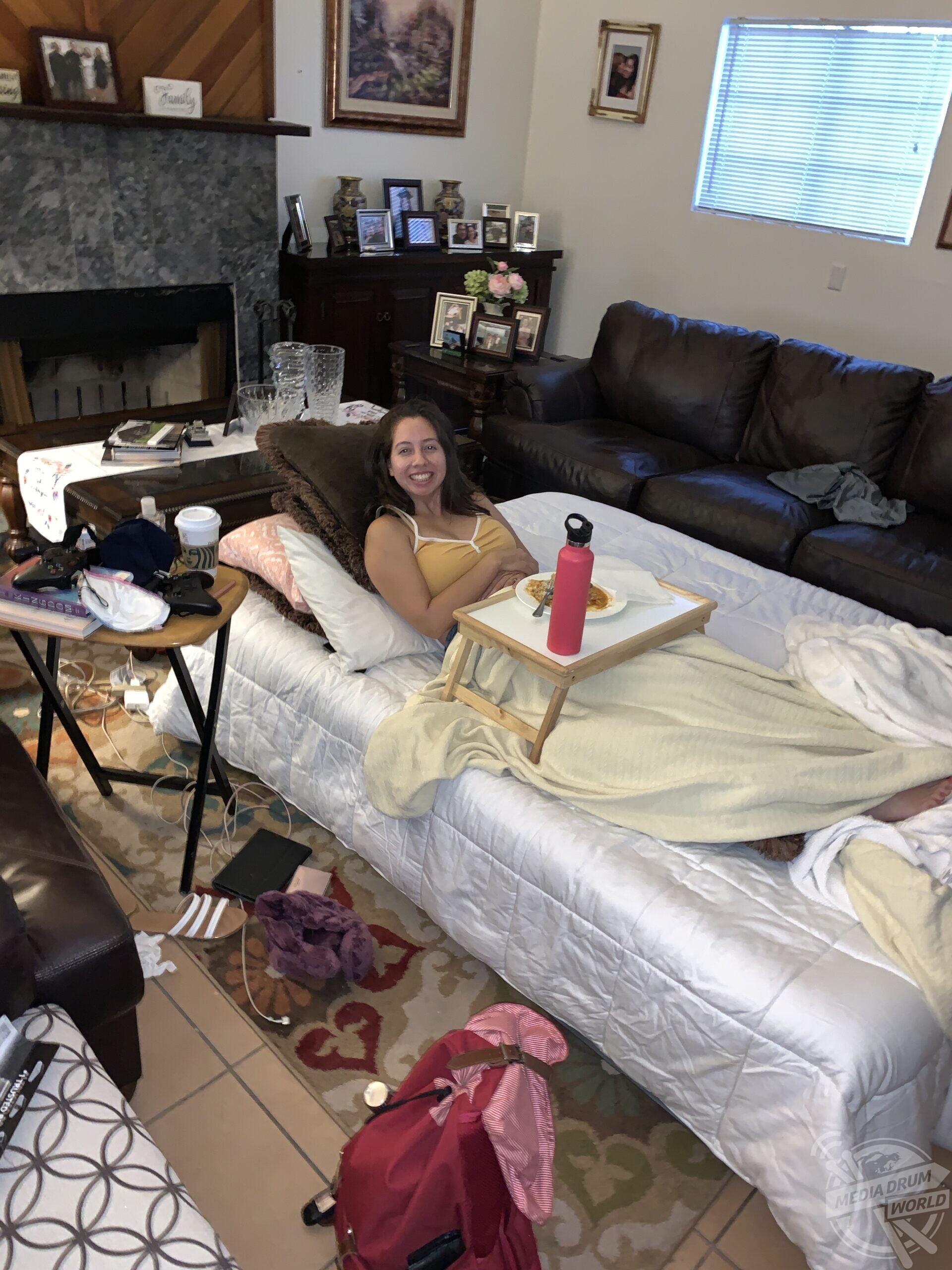
“I did take the virus seriously but then George Floyd got killed by a cop.
“So I was very torn about keeping safe, but also needing to do something about the injustice that has gone on for so long.
“I ended up going to the protest and while I tried my hardest to take precautions, masks and sanitising can only do so much with an airborne virus.
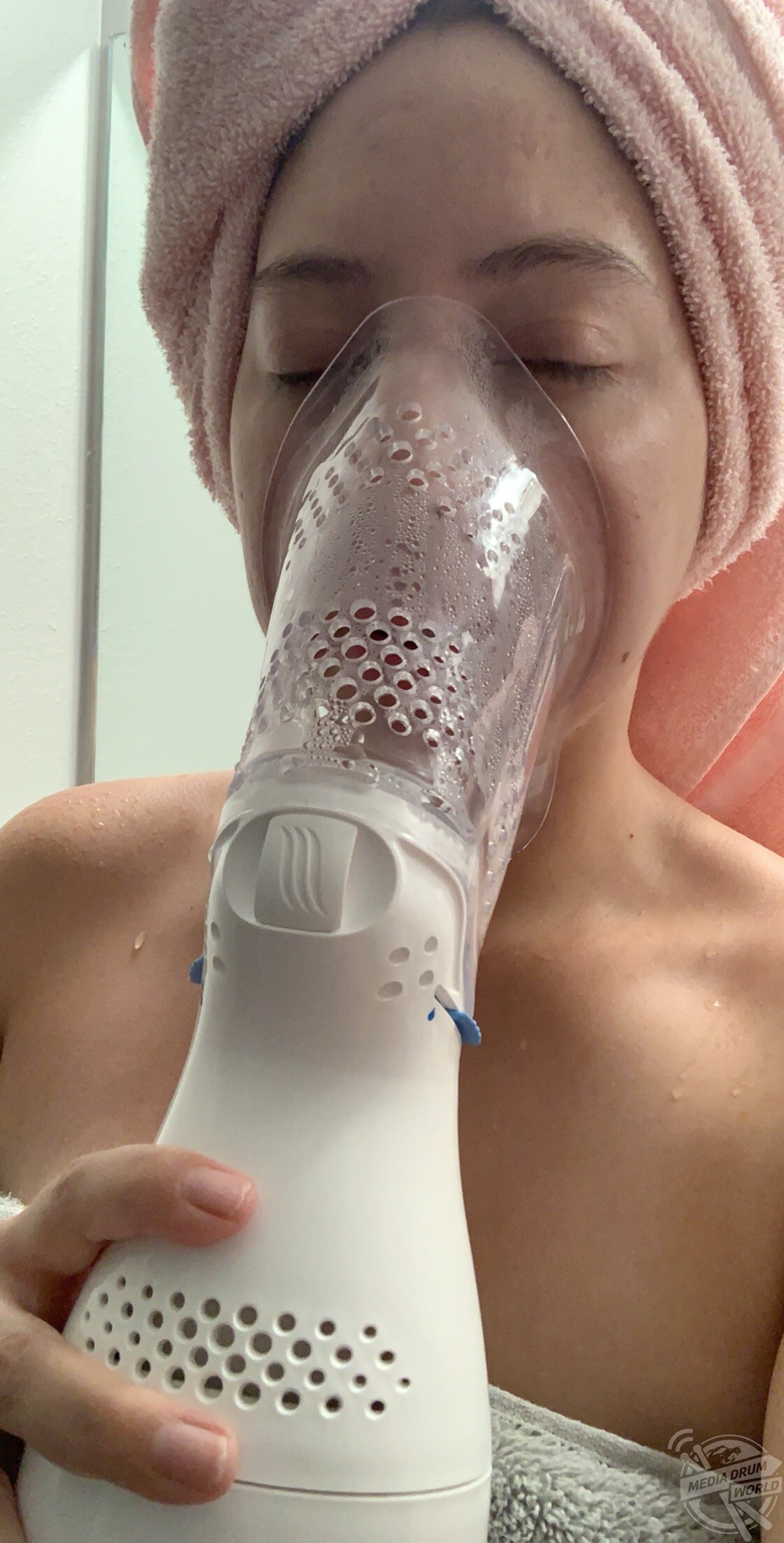
“Two weeks before I was diagnosed with Covid, I got panic attacks for the first time in my life.
“The panic attacks stopped after a month and were replaced by shaking.
“My whole body was shaking for at least an hour, multiple times per day.
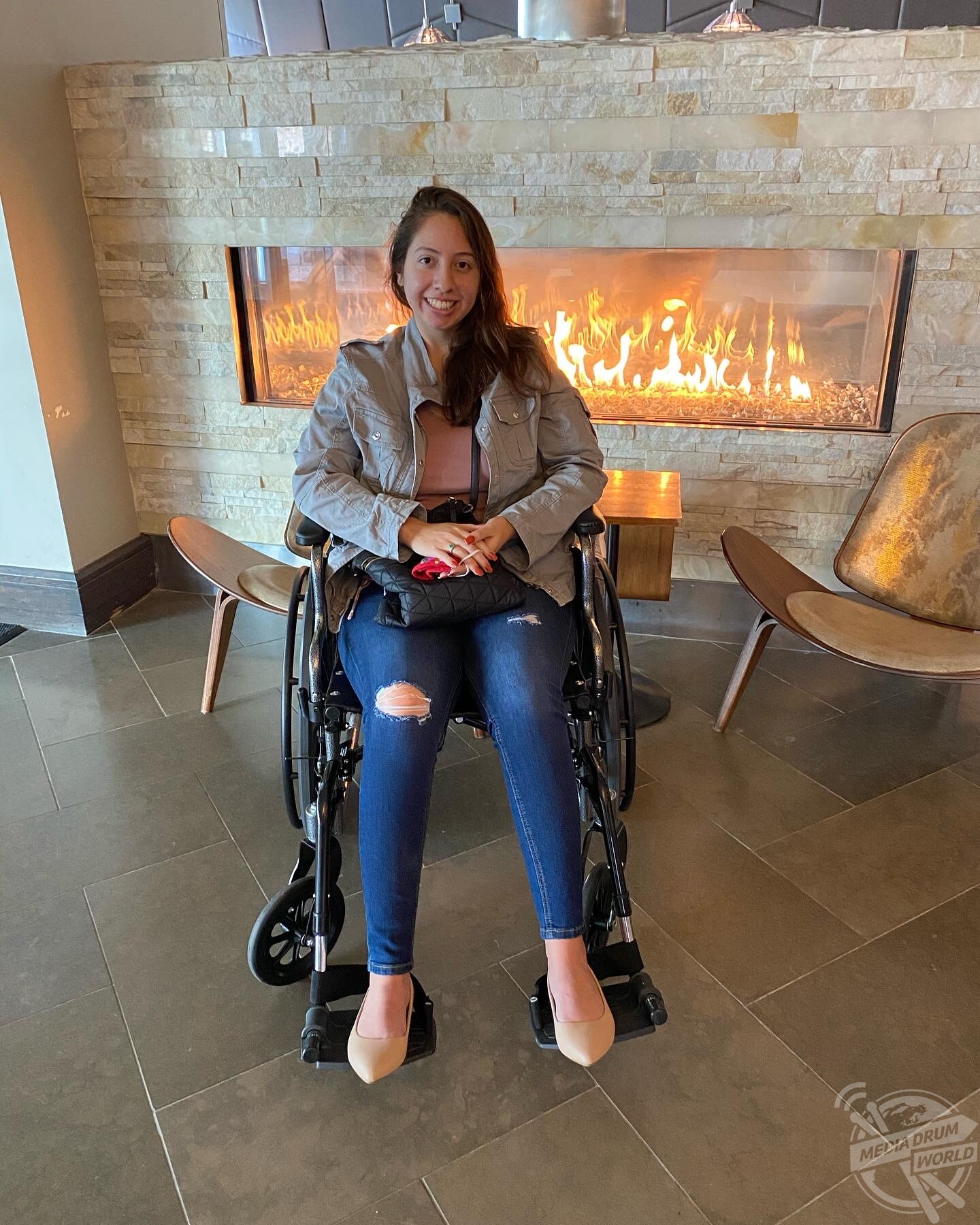
“My parents saw this and they had me move back into their home because I couldn’t take care of myself.
“I spent three days in the hospital because of my shaking. My heart rate raced up to one-hundred-and-eighty beats per minute and they had to monitor me.
“They did a lot of tests and multiple doctors looked at me and they found nothing medical that they could say was wrong with me.
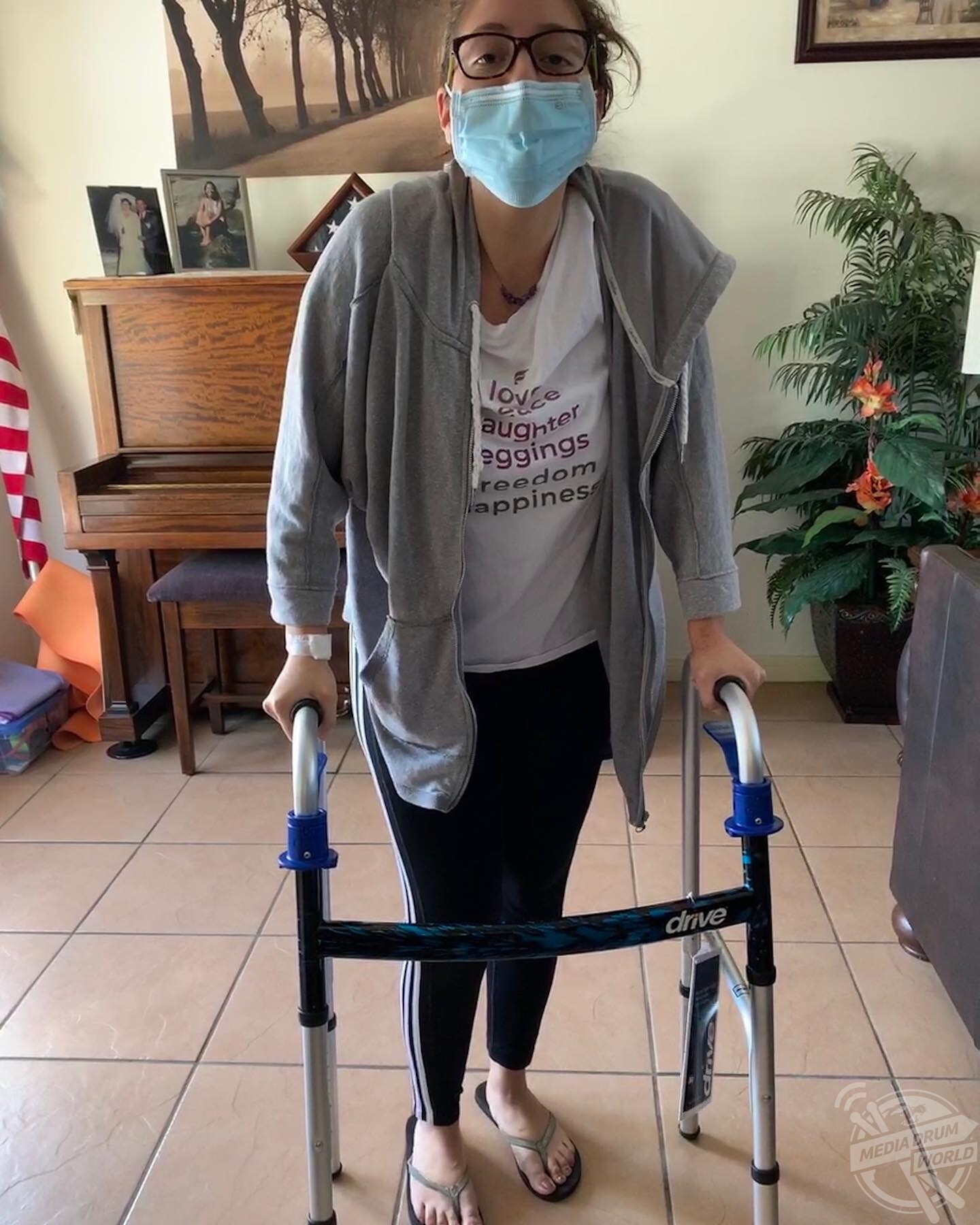
“My neurological assessment came out that I have mild cognitive deficiencies due to my foggy brain and fatigue.
“I’m not able to do maths easily and it takes me a lot longer to problem solve compared to before.
“I can’t drive for myself and I can’t be alone at home because if I fall and no one is there to help me.
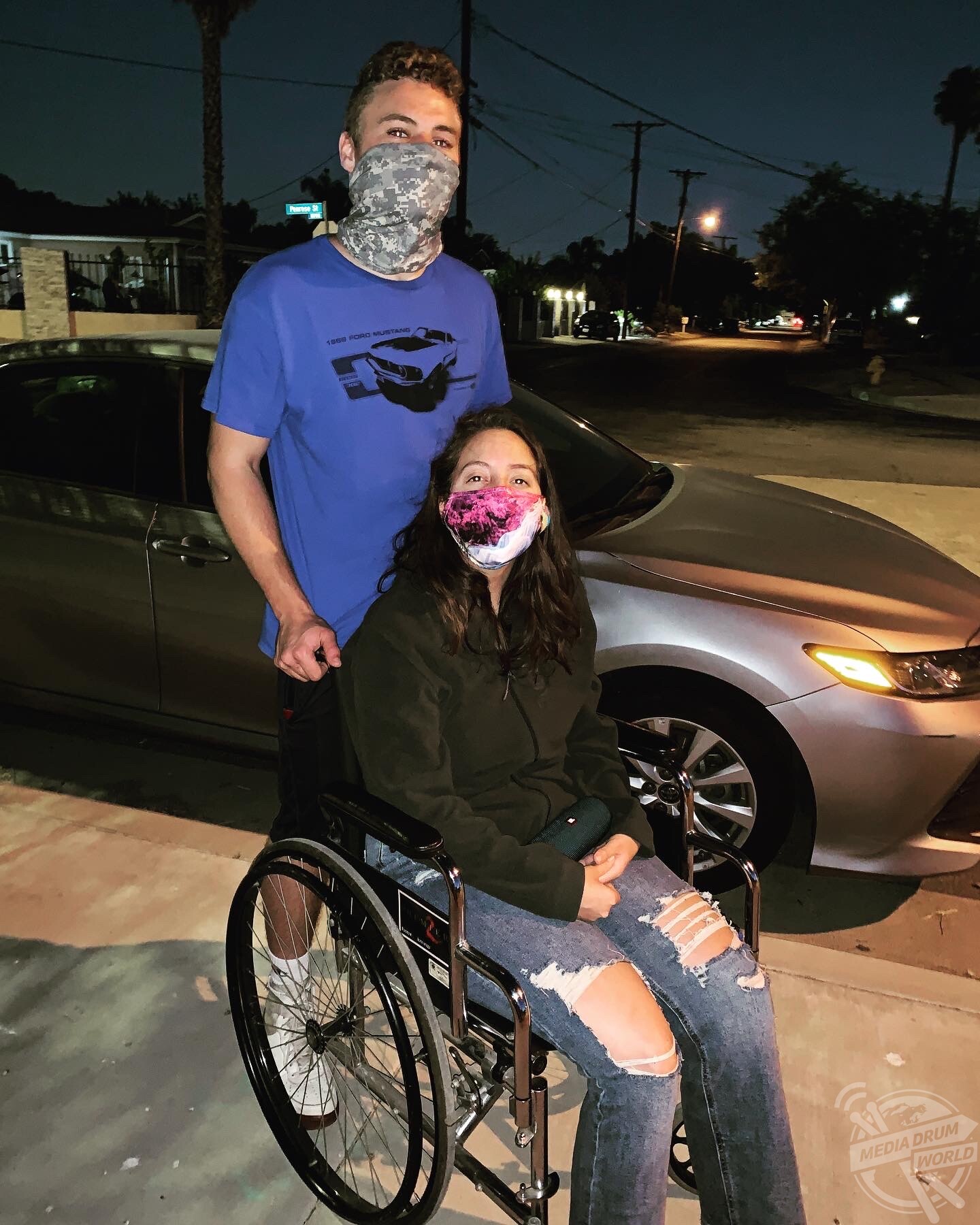
“Going out in public is difficult because it can be embarrassing if I fall and start shaking in front of people.
“I need help going to the bathroom, to the shower and even walking from room to room.
“I also need help with daily tasks like cooking and cleaning.
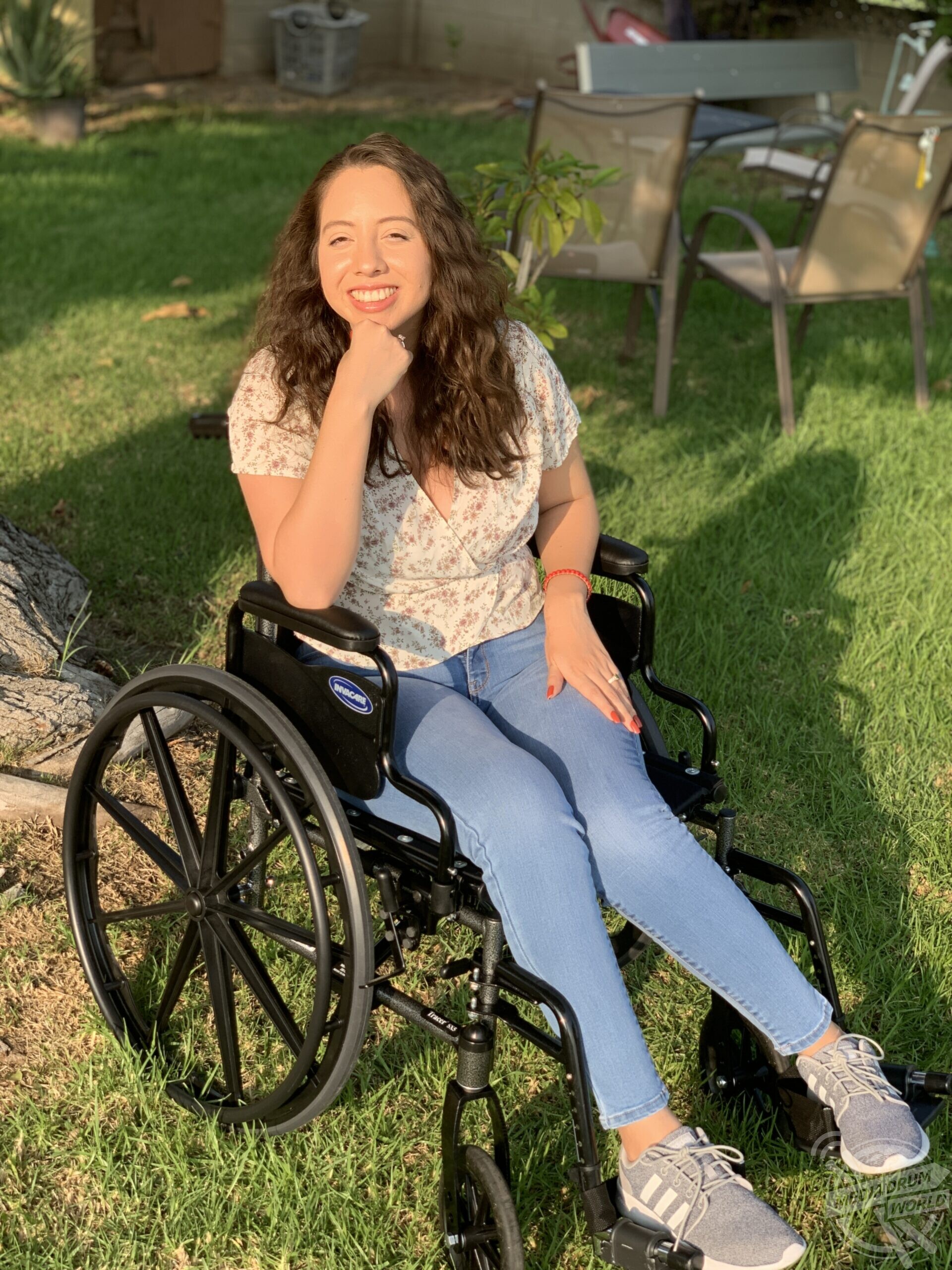
“My family have to fix their schedule around me and it really sucks. I have become a financial and caregiving burden.”
Nataly was planning on going to grad school in 2021 to study for a PhD in clinical neuroscience but has had to put this on hold due to her debilitating condition.
She wants to make sure that young and healthy people understand that even if you are at low risk of dying from the disease, it does not mean that you are exempt from the life-changing consequences that can come with it.
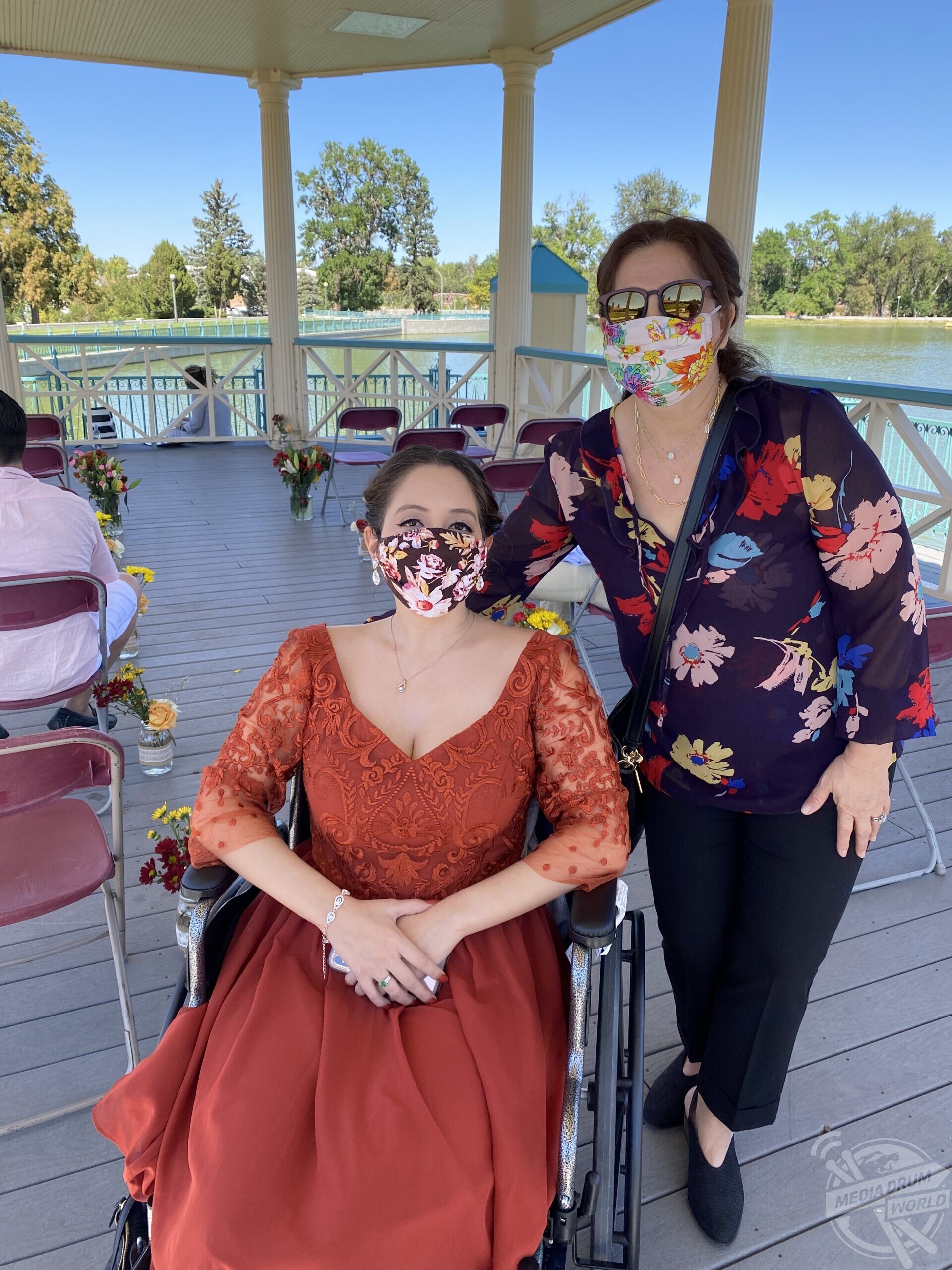
“To young people I want to tell them that Covid is a huge issue even if you aren’t old,” Nataly said.
“It is a terrible illness and it sucks the life away from people.
“I was planning on going to grad school but my future plans have changed due to my situation.
“I think what the future holds are huge public health and economic problems.
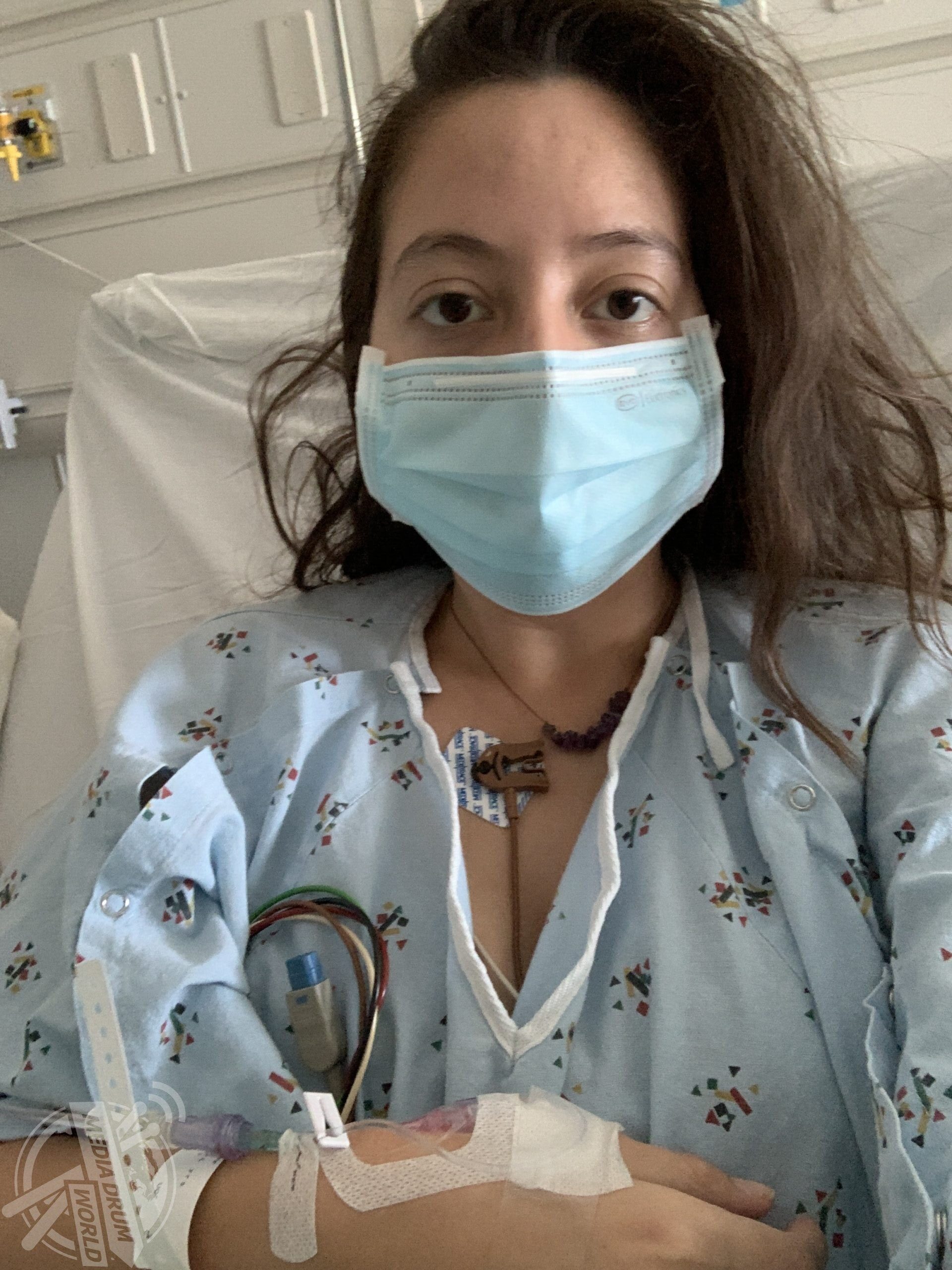
“We have young healthy people not able to work and provide an income.
“The future looks really scary right now, not just for me, but for the world.
“It’s not worth risking your life, youth and freedom, having to be bound to a wheelchair like I am.”






